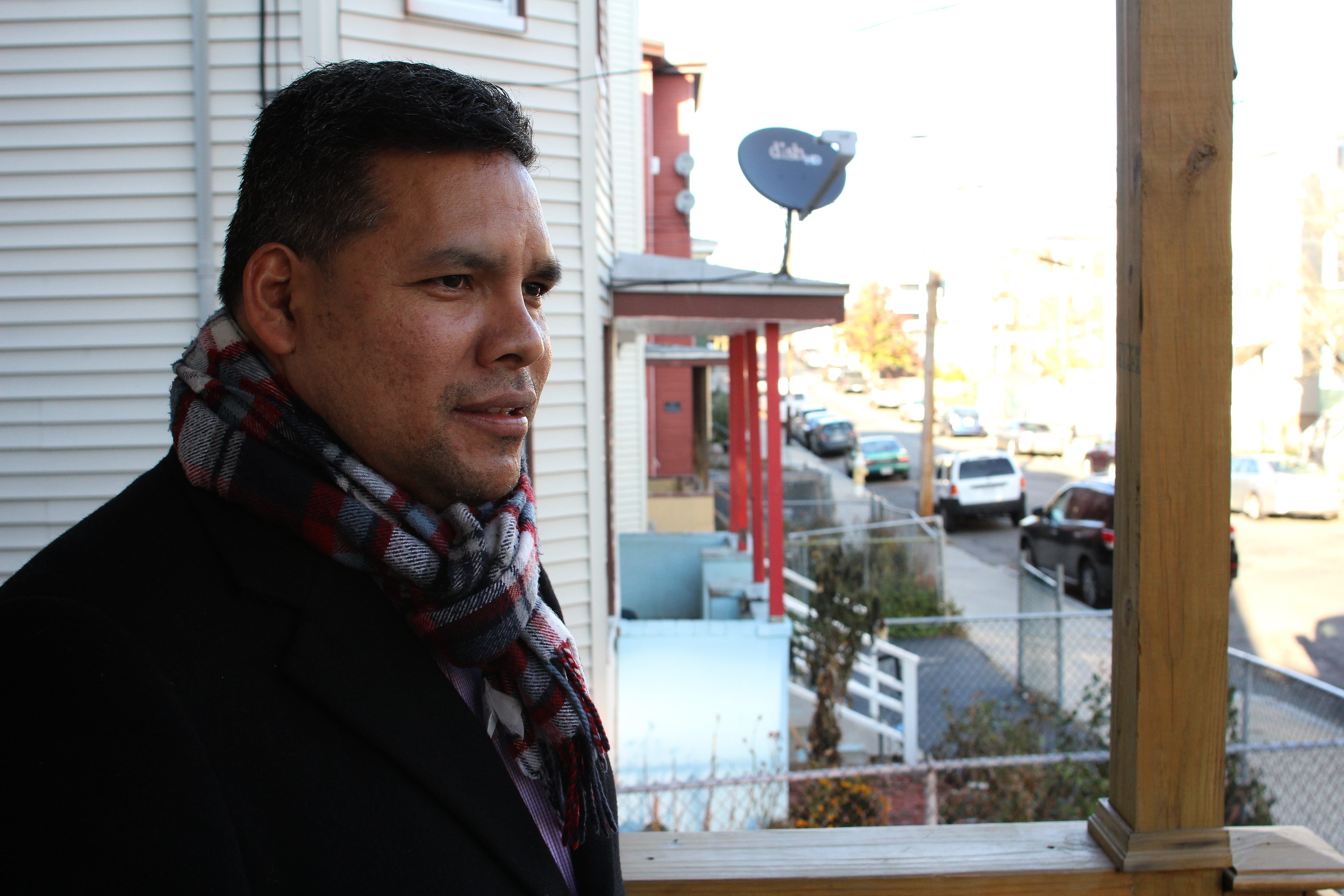LYNN — Jose Palma has lived in Lynn for 15 years, his children grew up in the city, and he is a North Shore Community College graduate. But Palma is worried about his future as an El Salvadoran native who currently has federal Temporary Protected Status (TPS).
TPS is the latest federal policy caught in the glare of the national spotlight focused on immigration. Established to protect people from deportation who came to the United States from countries ravaged by natural disasters and wars or both, TPS is under close scrutiny by the Trump administration.
Immigration advocacy groups want the program continued and they want assurances of continued coverage for people from El Salvador and Honduras currently covered by TPS.
“These are people who have been allowed to stay in the United States. They have participated completely in their communities,” said Palma.
Without an extension, residents from those countries covered under TPS face the prospect of having to leave the U.S. Nationwide, roughly 320,000 citizens from 10 countries have been granted the temporary status. Palma estimates “several hundred” people covered by TPS — “many of them homeowners” — live in Lynn.
The Trump administration’s decision to closely review the program with an eye to not renewing TPS has galvanized immigration advocates such as East Boston-Centro Presente.
“We have a lot of members from Lynn who are protected by TPS. It’s going to be a disaster for local economies and destroy families,” said Centro Director Patricia Montes.
An alert posted Nov. 6 on the federal Department of Homeland Security website explained the TPS renewal review. The alert stated that TPS for Nicaraguans in the U.S. will terminate in 2019 because the hurricane devastation that triggered the status in 1999 has since been remedied.
The alert said the expiration date for Hondurans in the U.S. under TPS is extended to July, 2018.
“Recognizing the difficulty facing citizens of Nicaragua – and potentially citizens of other countries – who have received TPS designation for close to two decades, Acting (Homeland Security) Secretary (Elaine) Duke calls on Congress to enact a permanent solution for this inherently temporary program,” the alert said.
Centro and other groups have already rounded up allies among state elected officials and immigrant-friendly mayors. Palma, who was honored by North Shore Community College in 2015 as a distinguished alumnus, said elected officials need to be clearly shown who will be affected by TPS non renewals.
He has lived in the United States for 19 years and said his children view themselves as Lynn residents. TPS, in his view, should be revamped through legislation to provide people who fall under TPS a full path to citizenships.
Centro warned ending TPS means disrupting small businesses and income earning capabilities of people who now pay taxes and contribute to Social Security.
“We believe that if the U.S. populace knew of the substantial contributions these immigrant families have provided to the U.S. economy and society over these two decades and the disruption which will be caused by their sudden criminalization and potential deportation, they would be outraged. TPS holders are small business owners, parents of U.S.-citizen children, property-owners, contributing members of society, and our friends, neighbors and family,” Centro said in a statement.
Material from the Associated Press was used in this report.

